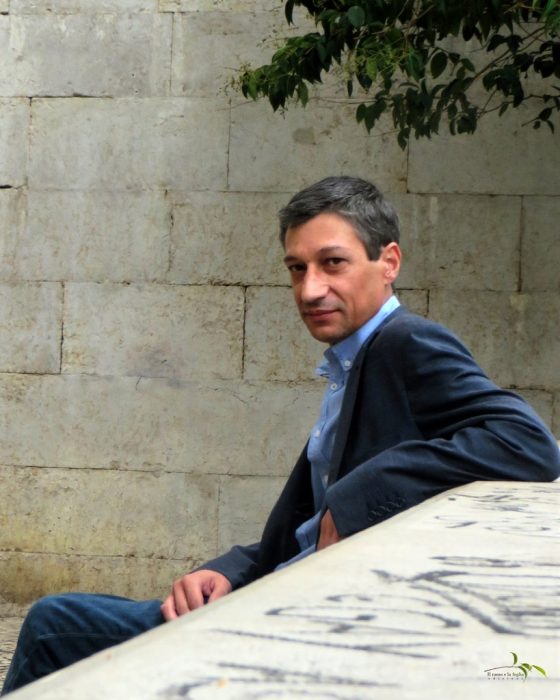Starting from described or narrated minimal facts – and with an almost total absence of lyrical or metaphorical pomp – Manuel de Freitas is able to lift his verse to a universal condition, in ultimate and brief lines. He thus goes beyond sharing poetry with his readers: he brings to them a non-appropriation and leaves a lasting effect of disturbing estrangement.
Bénédicte Houart
Manuel de Freitas was born in Vale de Santarém and lives in Lisbon. He is a publisher, a literary critic and the editor of the literary magazine Telhados de Vidro.
Poetry books since 2000: Todos Contentes e Eu Também (2000), Os Infernos Artificiais (2001), Isilda ou a Nudez dos Códigos de Barras (2001), BMW 244 (2001), Game Over (2002), [SIC] (2002), Beau Séjour (2003), Büchlein für Johann Sebastian Bach (2003), Levadas (2004), O Coração de Sábado à Noite (2004), Blues for Mary Jane (2004), Juxta Crucem Tecum Stare (2004), Vai e Vem (2005), Aria Variata (2005), Jukebox (2005), Qui passe, for my Ladye (2005), A Flor dos Terramotos (2005), Cretcheu Futebol Clube (2006), Juros de Demora (2007), Terra Sem Coroa (2007), Walkmen (with José Miguel Silva) (2007), Brynt Kobolt (2008), Estádio (2008), Jukebox (2008), Boa Morte (2008), Intermezzi, Op. 25 (2008), Brynt Kobolt (2008), Opera Omnia (2009), Jukebox 1 & 2 (2009), Canções Usadas (collective edition of poetry and illustration, with Rui Pires Cabral e José Miguel Silva) (2009), Isilda ou a Mudez dos Códigos de Barras (2010), A Nova Poesia Portuguesa (2010), Cólofon (2012), Pontas do Mar (2013), Game over (2017), Boal (2019), Prelúdios (2020), 769118 (2020), Büchlein für Johann Sebastian Bach (2021), Uma espécie de crime (2021), Levar Caminho (1) (2022).
